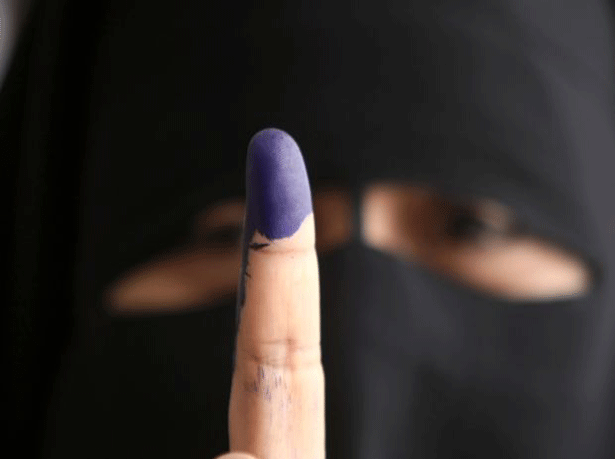by Colin Todhunter (Morning Star, UK)
It's a familiar scenario. A major political event occurs and the mainstream media opts for simplistic explanations.
Take the so-called Arab Spring for instance.
The overriding narrative is about how Facebook and Twitter has changed that part of the world.
The premise is that widespread, spontaneous, grassroots uprisings spread within individual countries and then from one country to another, largely as a result of the use of social media technology.
However, what we were not informed of was the extent to which many of these events had been managed and preplanned.
In many ways the Arab Spring is reminiscent of the earlier revolutions in Eastern Europe which occurred following the collapse of the Soviet Union.
Also portrayed by the media as grassroots uprisings, many of those "revolutions" were in fact destabilisation regime change operations - funded and orchestrated by the US.
Although many independently acting ordinary folk did actually become involved, they ended up being highly disillusioned with the outcome. But the West got what it wanted - pro-western governments in power.
The covert US funding and management of the revolutions in Eastern Europe has been well documented. A series of governments were overthrown by mobilising disaffected, pro-western people financed by the US government via various foundations, such as National Endowment for Democracy, National Democratic Institute for International Affairs, Freedom House, the Centre for Non-Violent Action and Strategies and the United States Agency for International Development.
The same has been true of the Arab Spring - a nice media-friendly soundbite denoting renewal and hope.















